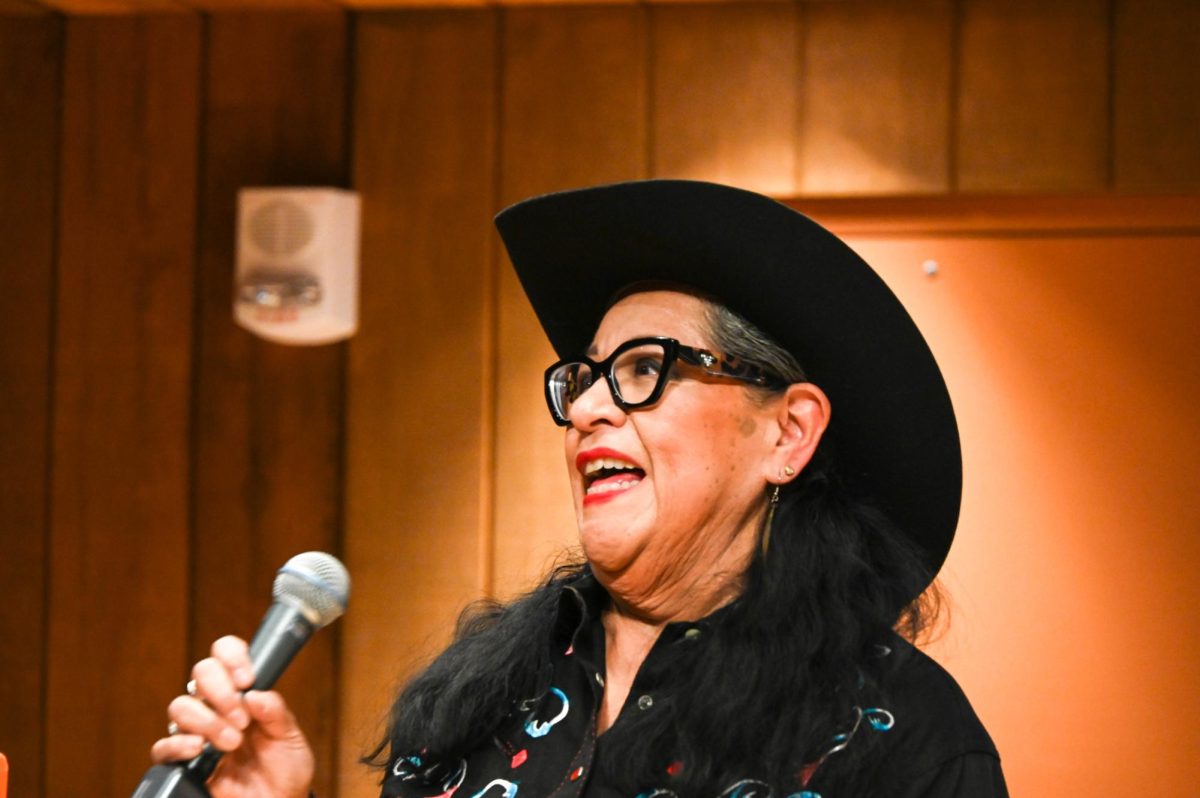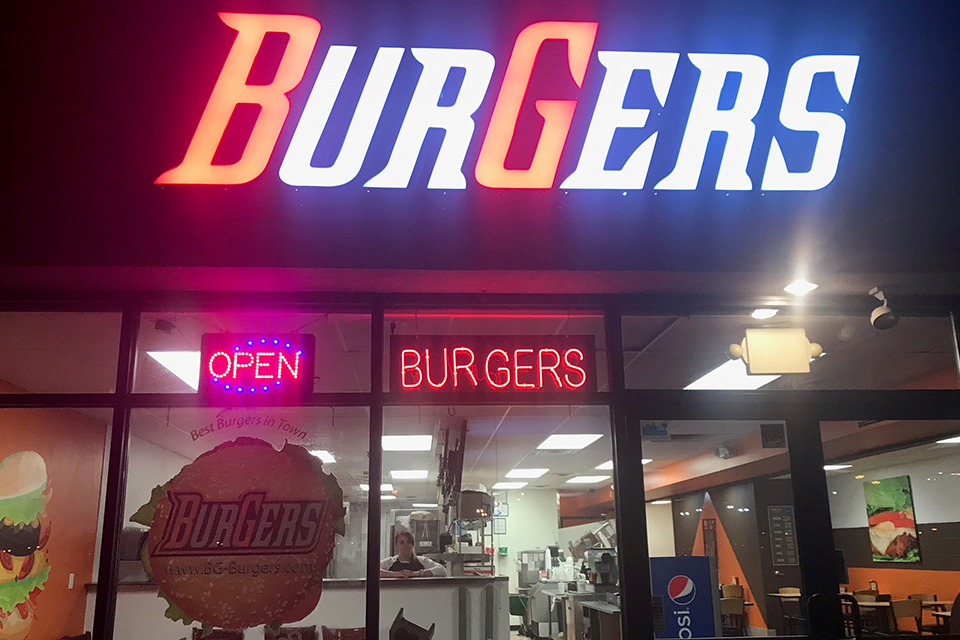With the cost of attendance for BGSU students living on-campus totaling over $26,000 per year, many students are starting their own businesses for a stable stream of income while also doing something they love.
An increasing number of students at BGSU are promoting their businesses to other students and venturing outside of the jobs they have on campus. BGSU students aren’t alone: according to a survey by Intelligent.com, 17% of college students in the United States already own their own business after graduation.
Meet the business owners
Emma Schrimper, a senior general business major at BGSU, is getting a jump-start on her future career by running her own crochet business.
Schrimper, who once worked as an on-campus Starbucks employee, decided to focus on building up her pre-existing crochet business almost three years ago, and her business has been a huge hit among students on campus.
“I’ve definitely made more money doing this, mostly because I can do it whenever. I’m my own boss. I make my own schedule. With Starbucks and any other part-time job, I’ve had to work around a schedule and price constraints, but with this, I can take full creative liberty,” Schrimper said.
Along with flexibility, Schrimper said she’s found that running her business comes with other benefits like extra pay.
Student business owners like Schrimper have found that their business creates a long-lasting impact on people, more so than an hourly job.
“I enjoy doing the crochet more. It felt more rewarding. You can make somebody’s day better with a drink or something, but I continuously get updates from clients…. It’s tangible, it’ll last a long time and it’s definitely more rewarding to do,” Schrimper said.
Other business owners, including junior business major and nail tech Taylor O’Malley, are taking childhood passions and turning them into a way to make a living and help the community.
“I’m 22. It’s crazy that I even have a business. I think I really started to realize that I’m good at what I do when my books started to fill months in advance,” O’Malley said.
What’s the benefit?
Owning a business in college not only helps students financially but also provides a way for them to both practice a hobby that brings them joy and create an escape from the day-to-day stress of student life, business owners said.
“I think people want to do that, especially college kids, because they’re able to use their passions and help create something they love. Whether it’s making t-shirts, crocheting or doing nails, I know a lot of people who love to do it because they’re able to not only pay for their education on their own easier, but they’re able to do something they love. Even though it’s work, it’s still something they love, so it’s stress relieving in a way,” O’Malley said. “It also feels really good because it makes you feel like what you’ve been fighting for and what you’ve been working towards is actually happening.”
Real World Application
O’Malley said she has found that her classes have helped her learn more about the business world.
“I’ve learned a lot from my business classes. There were already some things that I knew going into it, but it’s just helped me not only consider the things for me but for any other companies too,” O’Malley said.
Rachel Thurston, an economics professor at BGSU, said that students who have their own businesses overall make a positive impact on the economy.
“When people can harness their potential, then that’s good for the economy… letting people turn their hobbies into a business or letting people get some experience in being a nail technician or any of that stuff could be a good thing for them, and it means that there’s some potential for growth in life and the economy,” said Thurston.
Thurston said student-owned businesses can create a positive impact not only on the economy but also on the students themselves because of the skills they’ll learn from the experience.
“It could be an opportunity for you to practice those decision-making skills and build up confidence in that… you’re getting experience and confidence in important decisions. A lot of jobs that I think would be alternatives for students might not have those same scopes or be as empowering,” Thurston said.
New businesses create competition in the job market, according to economists.
“In a big market, there’s room for all of these endeavors. There is the potential for additional competition, which economists would say is a good thing overall, even if it provides more challenges to the entrance. When we take the big picture of a dynamic economy, it’s a good thing for the economy as a whole if individuals can tap into their potential to provide value to the market,” Thurston said. “It can be invigorating to the economy to have that competition.”
The Schmidthorst College of Business at BGSU could see a positive impact from the increase in student-owned businesses as young entrepreneurs create communities of students with similar goals for the future, said Thurston.
“If people can find a community of others who are engaged in entrepreneurship in this way, that can provide support and a sense of comradery with others, then I imagine it would be encouraging. Especially if you’re doing something solo, knowing that there are others who have their own projects I imagine it would be encouraging,” Thurston said.
Inflation and the overall increase in the cost of living could be a large reason why people are coming up with new ways to earn extra money and seeking secondary sources of income while already having a job.
“Seeing the value in building something themselves (may feel like) a better investment of their time rather than relying on different sources of income,” Thurston said.
O’Malley said students who want to open their own businesses but don’t know where to start should go for it.
“You are your harshest critic. No one else is judging you as much as you think. Everyone thinks that you have it all together, and you know exactly what you’re doing. They’re not going to critique you; you’re going to critique you,” said O’Malley.






















